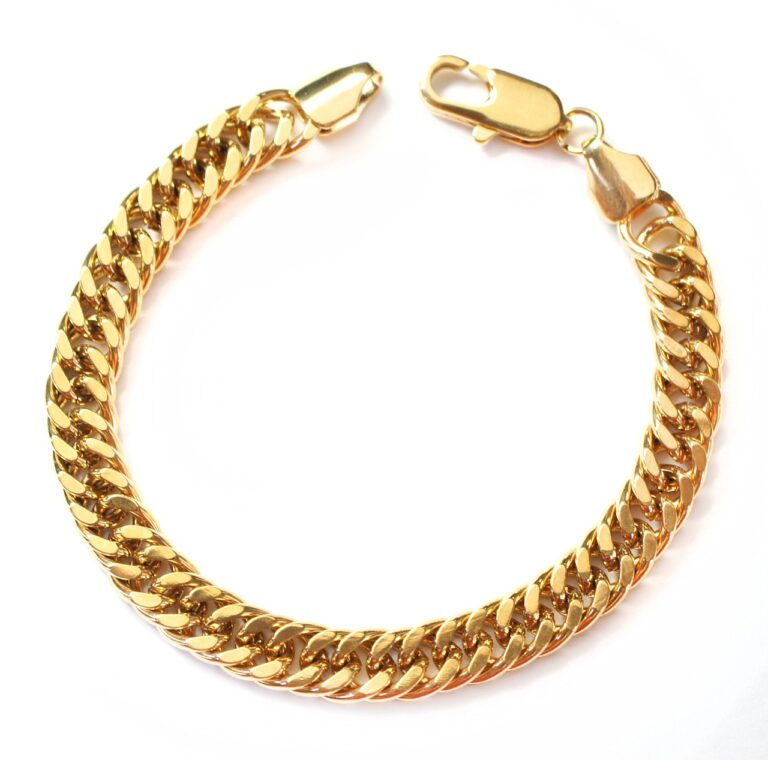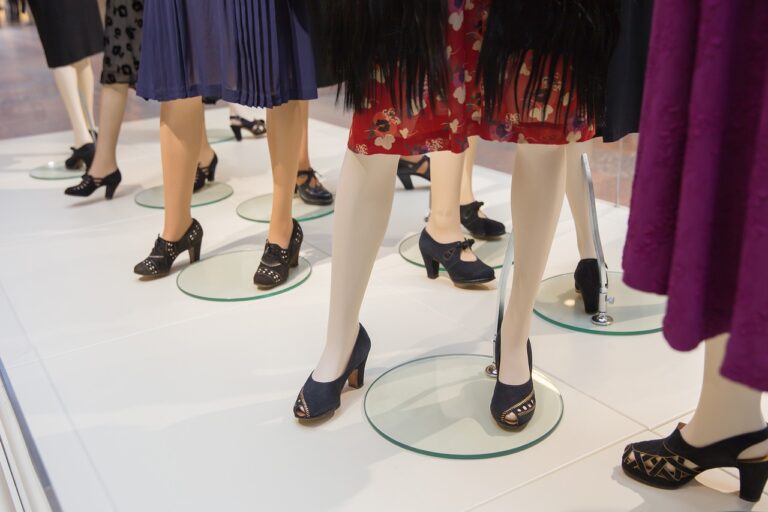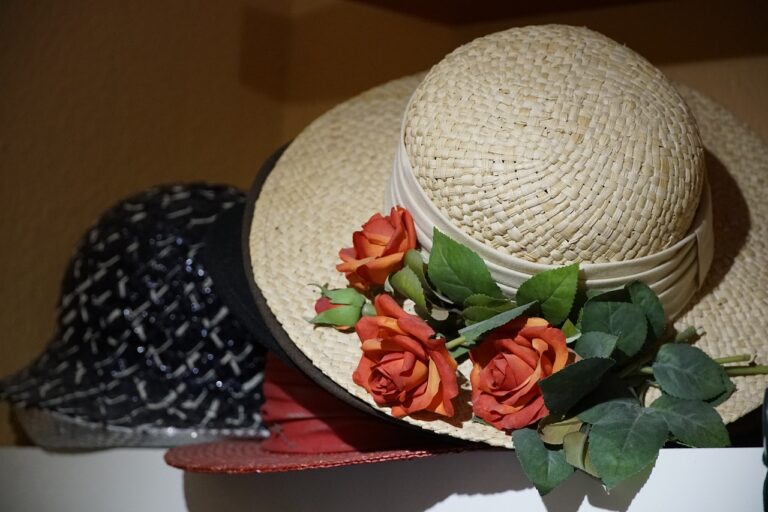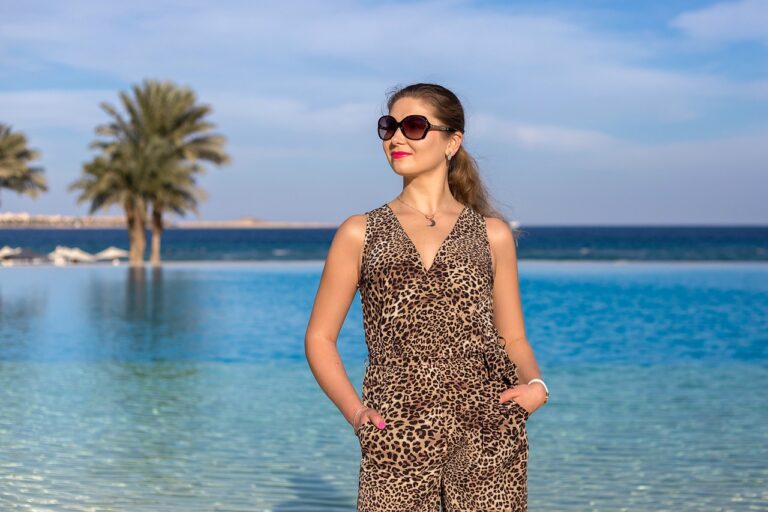The Role of Experiential Marketing in Fashion PR Strategies: 11xplay, Laser 247.com, Skylivecasino login
11xplay, laser 247.com, Skylivecasino Login: The Role of Experiential Marketing in Fashion PR Strategies
In the fast-paced world of fashion PR, staying ahead of the curve is essential. With the rise of social media and digital marketing, traditional public relations strategies are no longer enough to captivate consumers and drive brand engagement. Experiential marketing has emerged as a powerful tool for fashion brands to create memorable experiences, build emotional connections with consumers, and ultimately drive sales.
What is Experiential Marketing?
Experiential marketing, also known as engagement marketing or live marketing, is a marketing strategy that directly engages consumers and invites them to participate in a brand experience. Instead of simply promoting a product or service, experiential marketing focuses on creating meaningful interactions that leave a lasting impression on consumers.
In the world of fashion PR, experiential marketing can take many forms, from pop-up shops and fashion shows to brand collaborations and influencer partnerships. By creating immersive experiences that resonate with consumers, fashion brands can generate buzz, foster brand loyalty, and drive word-of-mouth marketing.
The Role of Experiential Marketing in Fashion PR Strategies
1. Building Brand Awareness
Experiential marketing is a powerful tool for building brand awareness in the crowded fashion industry. By creating memorable experiences that showcase a brand’s unique identity and values, fashion brands can capture the attention of consumers and differentiate themselves from competitors. Whether it’s hosting a pop-up shop in a trendy location or partnering with influencers to showcase new collections, experiential marketing can help fashion brands increase their visibility and reach new audiences.
2. Creating Emotional Connections
In the world of fashion, emotions play a crucial role in consumer decision-making. Experiential marketing allows fashion brands to tap into consumers’ emotions and create lasting connections with their target audience. By creating immersive experiences that stimulate the senses and evoke positive emotions, fashion brands can build a loyal fan base and cultivate brand advocates who will spread the word about their products and services.
3. Driving Sales
At the end of the day, the ultimate goal of any marketing strategy is to drive sales. Experiential marketing has been proven to be an effective sales driver for fashion brands, as it allows consumers to experience a brand’s products in a hands-on way. Whether it’s trying on clothes at a pop-up shop or attending a fashion show to see the latest collections in person, experiential marketing can help consumers feel more connected to a brand and more likely to make a purchase.
4. Engaging Influencers
Influencer marketing is a powerful tool for fashion brands looking to reach new audiences and increase their brand visibility. Experiential marketing can be a valuable asset in influencer collaborations, as it allows influencers to experience a brand’s products and services firsthand and share their experiences with their followers. By hosting exclusive events or creating immersive brand experiences for influencers, fashion brands can leverage the power of influencer marketing to drive brand awareness and increase sales.
5. Fostering Community
In today’s digital age, consumers are craving authentic connections and a sense of community. Experiential marketing can help fashion brands foster a sense of belonging among their target audience by creating engaging experiences that bring people together. Whether it’s hosting a fashion show that celebrates diversity and inclusion or organizing a charity event to support a cause, experiential marketing can help fashion brands build a strong community of brand advocates who are passionate about their products and values.
6. Generating Buzz
In the fast-paced world of fashion, generating buzz is essential for staying relevant and capturing consumers’ attention. Experiential marketing can help fashion brands create buzzworthy experiences that get people talking and sharing on social media. Whether it’s a
FAQs
Q: How can fashion brands measure the success of their experiential marketing campaigns?
A: Fashion brands can measure the success of their experiential marketing campaigns by tracking key performance indicators such as brand awareness, consumer engagement, social media mentions, and sales metrics. By analyzing these metrics, fashion brands can determine the impact of their experiential marketing efforts and make data-driven decisions to optimize future campaigns.
Q: What are some creative experiential marketing ideas for fashion brands?
A: Some creative experiential marketing ideas for fashion brands include hosting interactive pop-up shops, organizing fashion show events, partnering with influencers for exclusive collaborations, creating immersive brand experiences at unique locations, and hosting charity events to support a cause.
Q: How can fashion brands leverage experiential marketing to engage with Gen Z consumers?
A: Gen Z consumers are digital natives who value authenticity, social responsibility, and personalized experiences. Fashion brands can leverage experiential marketing to engage with Gen Z consumers by creating authentic brand experiences that align with their values, offering personalized shopping experiences, collaborating with influencers who resonate with Gen Z audiences, and using social media platforms to share behind-the-scenes content and engage with consumers in real-time.







